The storyteller began:
“There once were two men, each getting dressed in the morning when they each broke a shoe lace. “Damn!”, they both exclaimed.
The listeners quickly said, “These were equal acts! The two men had the same exact thing happen! They responded identically!”
But the storyteller went on:
“There is more to the story.
The first man was an old sailor who could cuss in seven languages. He said the nicest thing he could think of to say. The second man, a priest and pious soul, said the worst thing he could think of to say.”
“Ahh, we see”, said the listeners when they had heard it all. “Do tell us another story!”.
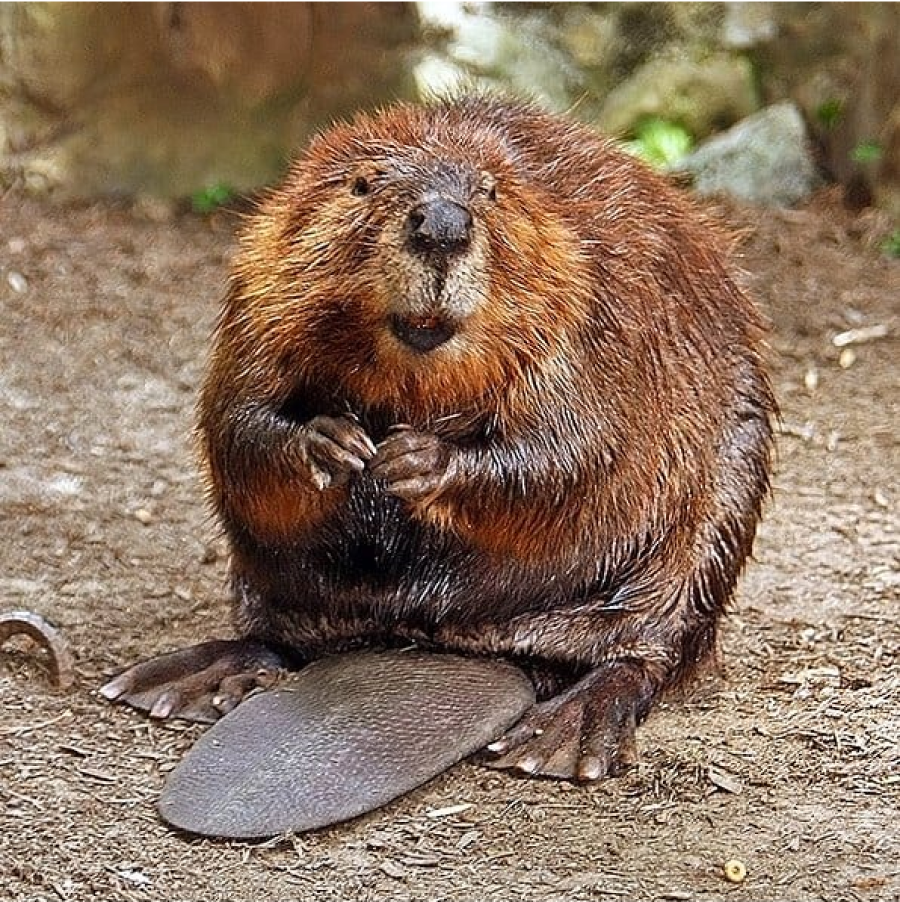
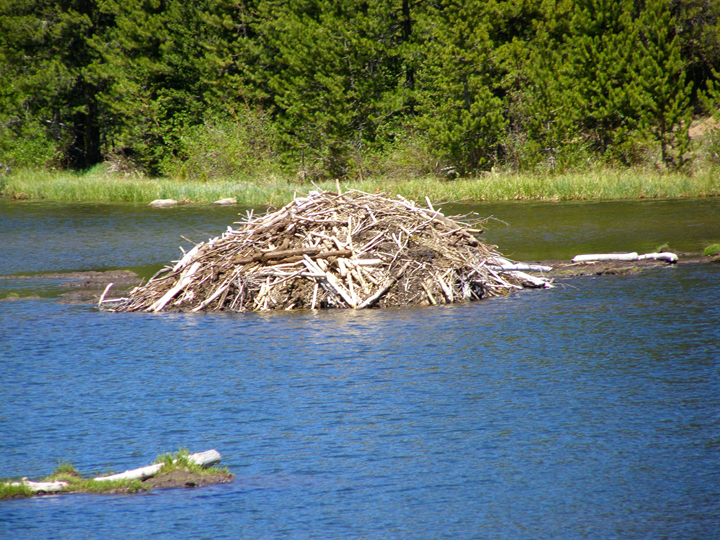
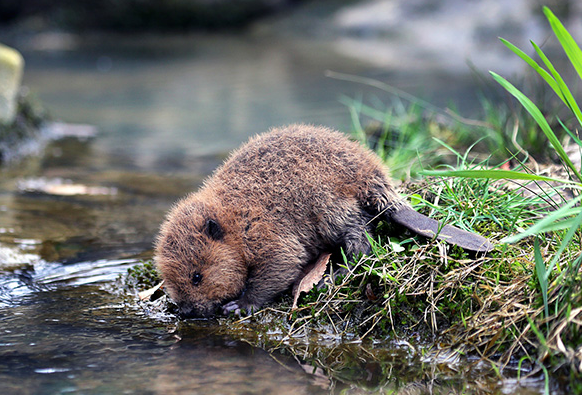
“Very well,” said the storyteller and he began:
“Once upon a time there lived a distinguished, intelligent, and industrious tribe of small, furry animals called beavers. They were admired among the creatures for their love and dedication to family, their unique talents, and great industry!
The beavers knew how to fall trees and had mastered the fine and handy art of containing water. They built dams in streams that would back up the water to make a pond.
The forest creatures loved the beavers because of how much they did for the community. Their ponds gave hundreds of other animals their home and helped to feed them. They helped keep the water clean as well. All the creatures of the world voted that the beavers were the single most important creature on earth for the creation of wetlands.”
The storyteller paused to marvel out loud:
“Yes, the beavers were indeed remarkable master architects as well as master engineers! They built their homes in the middle of their
ponds. There, they were safe from predators. Ingeniously, they built secret under water entrances so that the animals that wanted to eat them, couldn’t get in. Inside their little abodes, they were above-water and dry.
The beavers, just like us, loved their babies and wanted their family to be safe and cozy. The “kits” as they were called, were so cute that even the April-Snow seemed to melt at the sight of them.
Life had been happy in the forest for as long as anyone could remember. A very old tree said that was true, “even when she was just a sapling”. “Hundreds of thousands of years”, said the forest wind. “For as long as I have been blowing.”“
The listeners exclaimed, “Heaven on earth! What a perfect story!”
“But there is more to the story”, said the storyteller, and his tone became hushed:
“One day, a new two-legged animal came to the forest. A very smart animal indeed, but a very frightened, self-centered, and greedy one.
The new animal took the trees, the land, and streams. They wanted it all for themselves.
Little by little they killed the beavers because they were disrupting what they considered to be their own stream. And, they wanted their fur to sell. Their pelts would be made into coats, hats, and other fanciful or practical uses, fetching a pretty penny at market.
Life grew even harder for the poor beaver tribe because the two-leggeds began to cut down more and more trees near the streams. The beavers needed those trees for their dams, their homes, and food! How could they protect their family or have a good nights rest? How would they eat?
Time went by and the two-leggeds kept on killing the beavers. They killed many other animals too, especially the beaver’s predators, who they found especially scary. In time, the beavers and predators were gone. None were left alive.
The forest grew sparse and quiet. The ponds were gone. The two-leggeds had thus left other animals without food or habitat. It was very hard times for the animals that still remained, and many did not survive. First one animal was gone and then another who had depended on the first .”
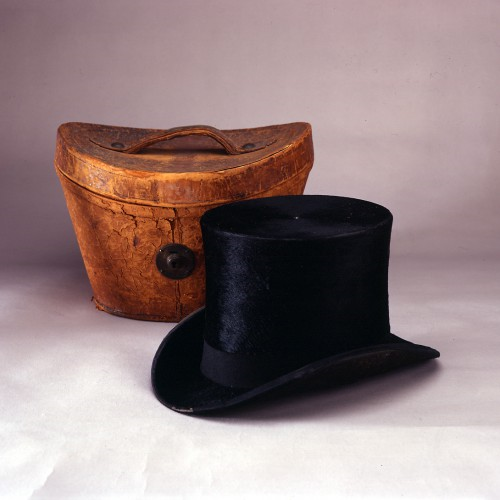

“What a horrible story!”, lamented the listeners. “What a dangerous thing it is to loose the forest’s diversity!” Some hung their heads. Many shed tears.
“Yes, it is”, said the storyteller, “but I am not finished yet:
“This all took place over centuries. During this time, the two-leggeds also took over other forests throughout the world, doing the same thing everywhere they went. As they did, the great balance of the forests, the living wild-lands, and even the earth herself became horribly disturbed. Very few natural forests remained in the great balance. It began to be dreadfully worrisome.
Even the two-leggeds saw what had happened and began trying to fix the problems. They found other beaver tribes in the world and brought them to their forest.”
“Thank goodness!”, said the listeners. “A wonderful step in the right direction!”
“But it hasn’t turned out so well”, said the storyteller, “There is more to the story:
“There was another secret reason the beavers were transplanted. Some hoped they could make money on their pelts again. The motives were impure.
Despite that, life was very good for the new beavers for fifty years or so. They made thousands of babies, who when grown would move to a new part of the stream, or to an entirely new stream, moving far and wide.
But the foolish two-leggeds hadn’t thought about how the forests were missing the natural predators of the beavers. Without predators the beavers did what beavers do, which was to make many, many babies.
What happened next shocked everyone. There were so many beavers that they were no longer good helpers of the forest ecology. They were destroying it.
Each beaver had to find trees, further and further from their stream. There were so many that they over-ate the bark of trees. As they went, hardly a tree was left standing.

“Oh no!”, wailed the listeners. “What a terrible mess!”
“Well”, said the Storyteller, “It certainly was. But brace yourselves. That’s not all”:
“As time went by, the beavers caused great damage to the forests. As the beavers kept spreading out, they regularly created floods in nearby towns because of the unpredictable overflow of their ponds. Homes, business, and crops suffered damage. Other forest creatures that had depended on trees for habitat and food were devastated too.
Even the beavers were starving! They were forced to move to other areas, sometimes outside the forest, where they would eat grass and water-plants just to stay alive. Sadly, this further disturbed the environment.
The two-leggeds finally realized that they had no choice but to stop the beavers. It was a very hard lesson. Many became remorseful for what they had done.”
“Oh dear”, said the listeners, “We hope they trapped the beavers and took them to a new home?!”
The storyteller shook his head, and continued on:
“It had become a big disaster for all. Once the two-legged animals fully realized their mistake and what it had led to, they knew that they had no choice but to act. They couldn’t even trap them to be released elsewhere because the same devastation would happen again, at least until full balance of the forest could be returned.
Sadly, culling became necessary, as if natural predators were in action. Some tried to be humane about it but the final solution was sad.”
“That is really sad”, said the listeners. “We must be very careful to not disrupt ecosystems from here on.”
“Yes, very much so”, said the storyteller. He hung his head. After a reverent pause, he realized that there was a small bit of the story that he had forgotten:
“There is something left to tell”, he said.
“A bittersweet thing happened in the midst of the culling:
The two-leggeds who were hired to cull the beavers started to save their castors, the glands that make the beautiful scent that beavers charm each other with, for the purpose of love, babies, family, and home.
The perfumers of the world had long loved the beaver’s magical fragrance, so the trappers offered it to them. Beautiful perfumes were then made, carrying the smell of love itself – rich, warm, and deeply soothing.
At least one good thing came of this.”
“And if I may”, said the storyteller,
“Perhaps the two-leggeds will long-remember this story and become wise.
May the beavers be honored and emulated for their beautiful scent, love of each other, industry, and skill in providing for others besides themselves.
May this story travel like scent on the wind to warn the two-leggeds to be humble and inclusive enough to share the forests generously, wisely, and with respect and justice for all creatures.
May gratitude for how much Mother Nature has given the two-leggeds, inform their lives.
May the two-leggeds always listen carefully for more to any story, especially in their endeavors, so that the end-result of their choices will be clear in the beginning.”
With that, the room grew silent for some time. When someone finally spoke, it was a child:
“Thank you for telling me the story. I promise to share it with others from now on. I promise to always remember.”
~~~
AUTHOR’S NOTES:
The beautiful perfume ingredient from beavers is called, “Castoreum”. It is used in perfumery and other products. It is derived from the castor sacs of beavers, both male and female.
Here at APOLOGUE, our ethical judgements in regard to the use of “animalics” (animal-derived raw perfumery materials), are on a case by case basis.
In perfumery, other stories about the use of other animalics in perfume can be told. Some ethical, some not.
On our FAQ page you can read more under, “Are Apologue Perfumes Cruelty Free”.
Here are few related articles.
* https://www.nationalgeographic.com/animals/2019/07/beaver-overpopulation-tierra-del-fuego/
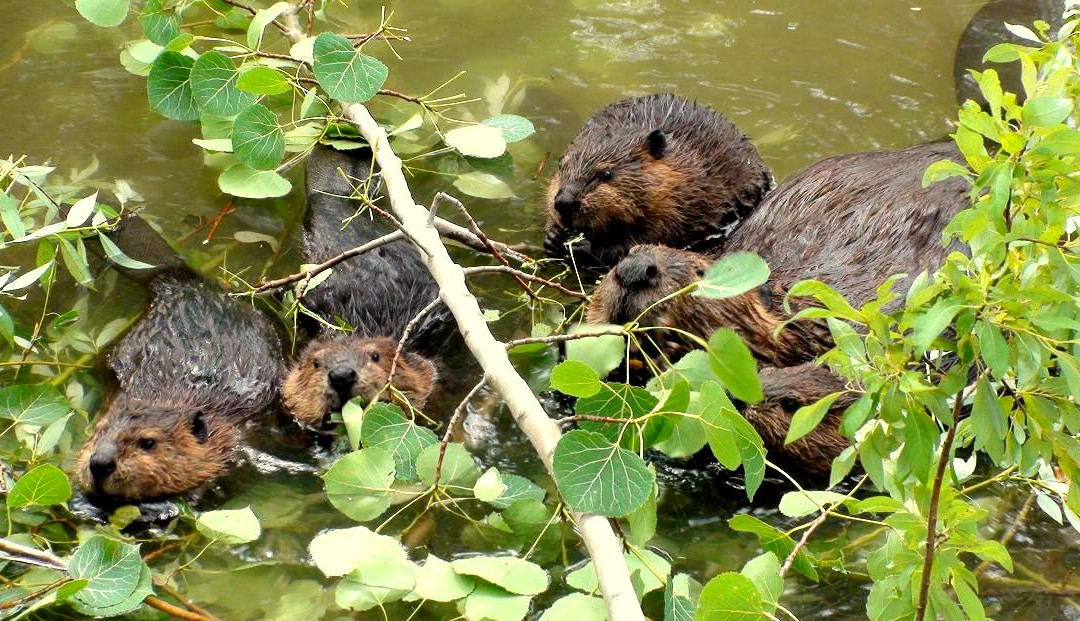
Recent Comments